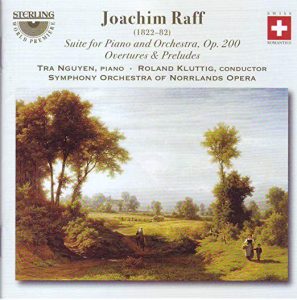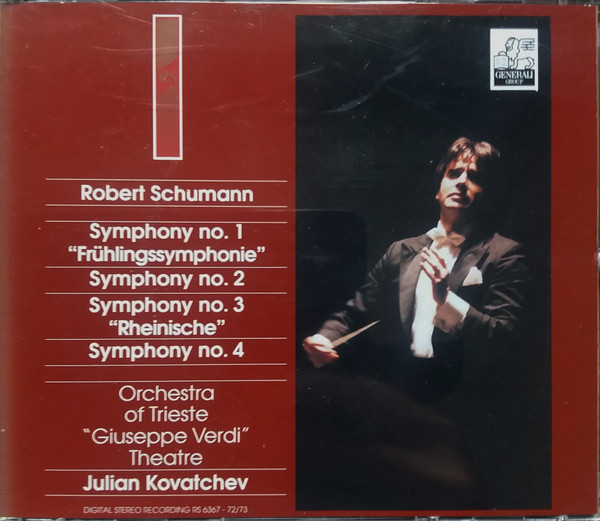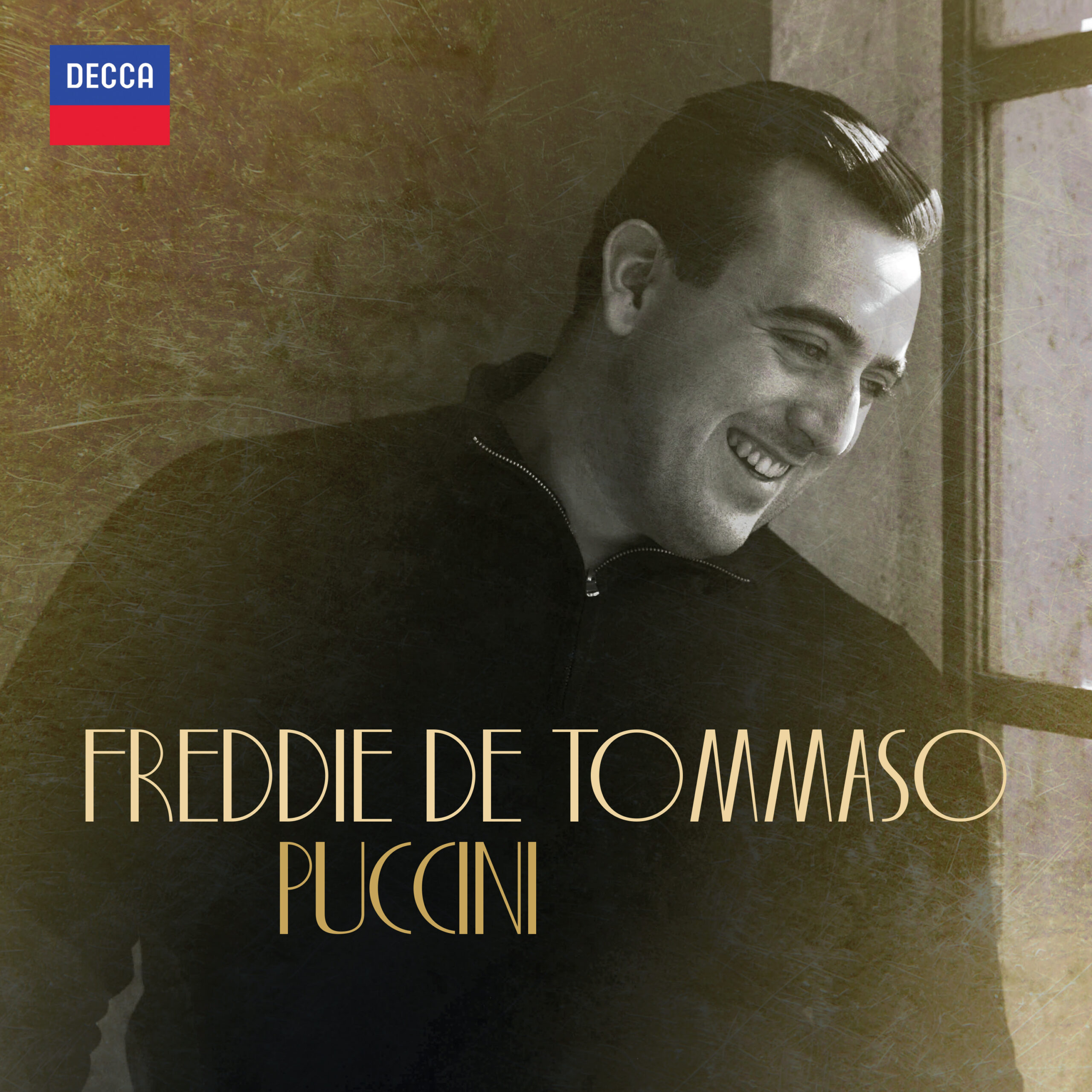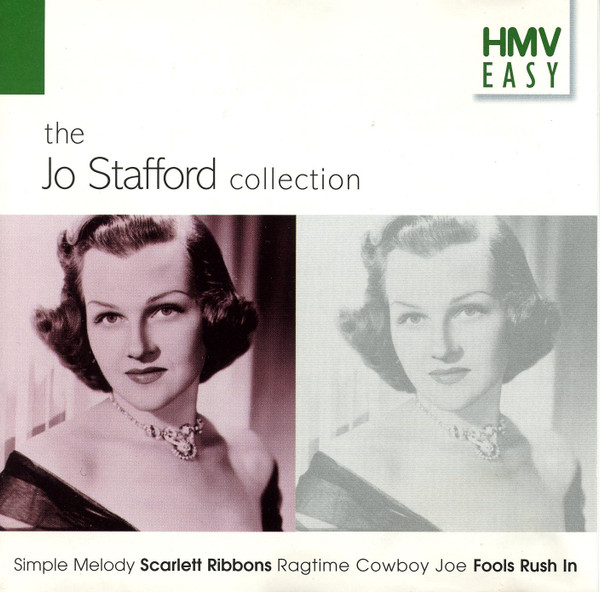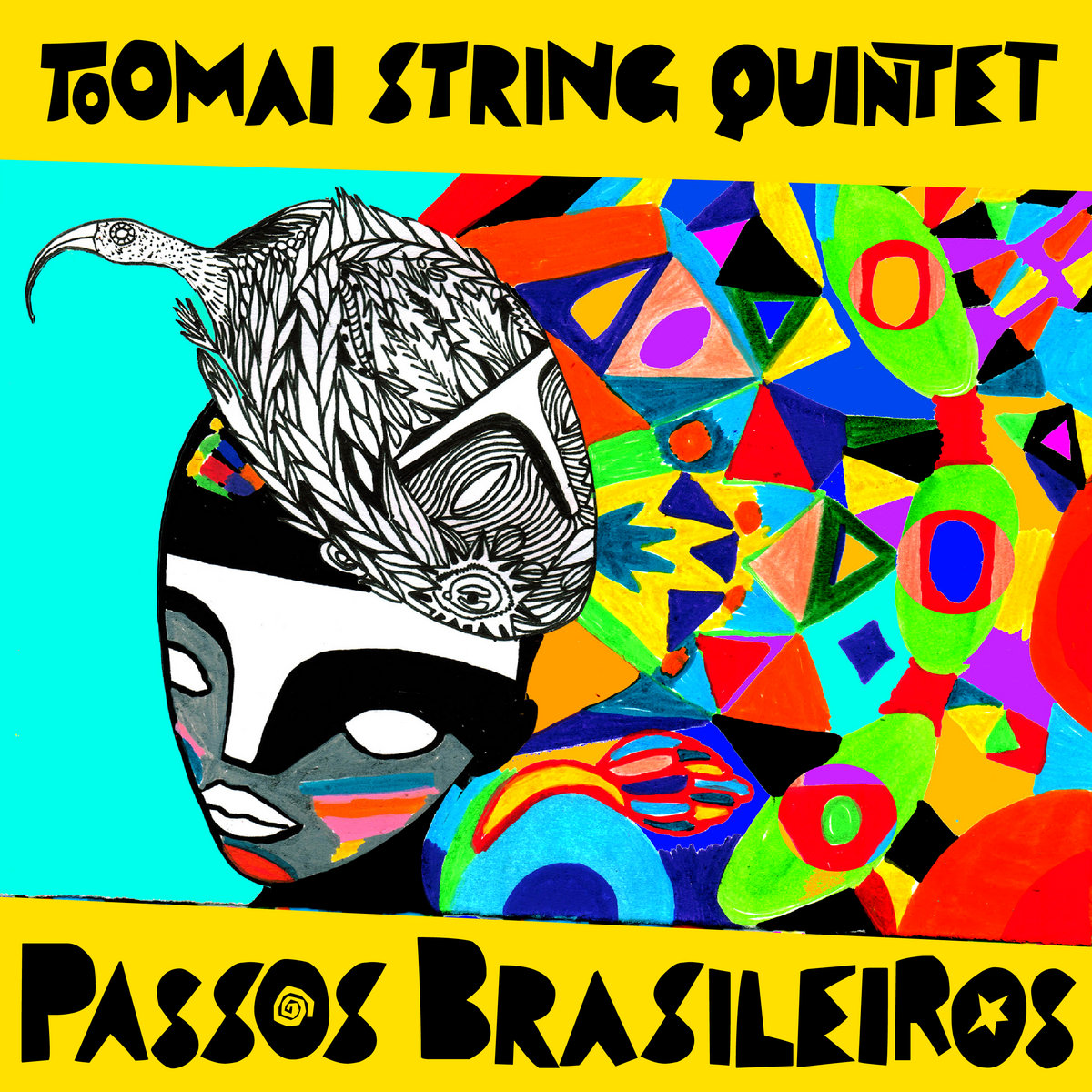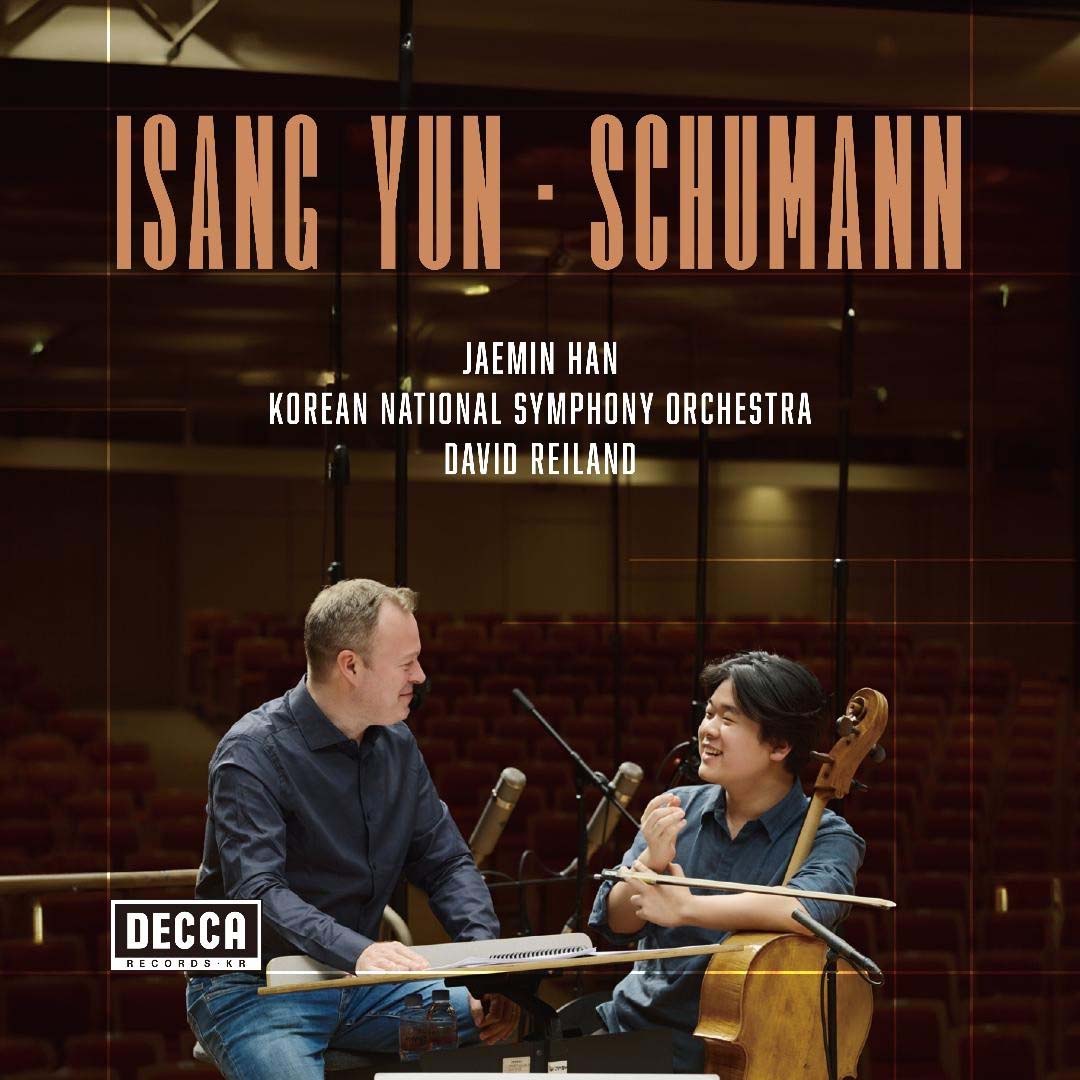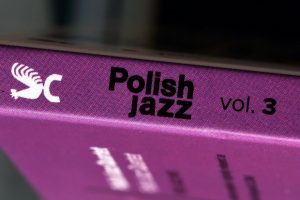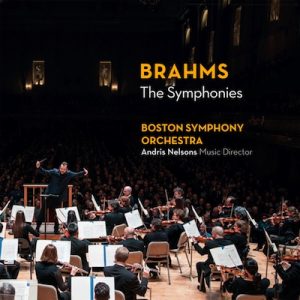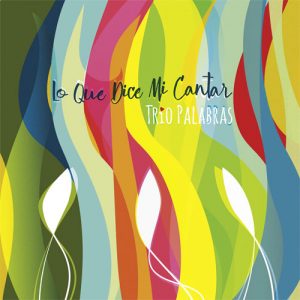RAFF: Ode au printemps, Op. 76*; Piano Concerto in C minor, Op. 185; Caprice on Themes from König Alfred, Op. 65, No. 2. Tra Nguyen, piano; *Prague Radio Symphony Orchestra/Kerry Stratton. Grand Piano GP 771. TT: 67.06
Downloads: amazon.co.uk (mp3); classicalarchives.com (mp3); prestomusic.com (mp3, FLAC); qobuz.com (mp3, "Hi-Res")
If you like Romantic music, it's worth exploring the composers of the second tier, well-trained craftsmen with a sure gift for melody and color, even if they didn't break any new stylistic ground. The "Romantic revival" on LP, circa 1970, briefly brought many of them to our attention; the CD boom of the 1990s opened the door to wider-ranging and continuing exposure.
Joachim Raff's orchestral music always reminds me of Mendelssohn, more because of its airy, vernal lyricism than for any specific details in the writing. (I can't think of anything in Mendelssohn, for example, quite like the plaintive chorale, led by the oboe, that launches the Piano Concerto's Andante, quasi larghetto.) His turbulent, dramatic tuttis, meanwhile, position him on the continuum between Beethoven and Brahms, despite some quirky bits of scoring—when the violins and midrange horns swap theme and countertheme at 8.27 of the Concerto's Andante, for example.
The piano writing—with one conspicuous exception that I'll get to shortly—is idiomatic and fluent, and prone to mercurial changes. In the Ode au printemps, after the opening woodwind chorale, the piano intones a lovely melody that, once again, invokes Mendelssohn—here, the Lieder ohne Worte—but, when the cello takes up the theme, the piano embellishes it with Chopinesque scalar flights. (The passagework in the concerto's first movement, conversely, suggests Liszt.) In the Caprice—a solo piece, not a concerto, though you won't find that out on the package—each of the instrument's opening flourishes is followed by a more ruminative answering phrase.
Tra Nguyen has been working her way through Raff's piano music for HNH's "Grand Piano" imprint. She's a stylish, technically assured soloist: dazzling in the flourishes, articulate in the passage work, and capable of changing moods on a dime. Her resounding bass octaves in the Caprice are assertive without becoming overbearing; a bit later, her melodic octaves, surprisingly, are equally powerful. In the concerto's finale, the piano introduces the second theme, with recurrent turns in the accompaniment. It's not the most user-friendly writing—except, perhaps, for a lefty—but Nguyen makes it sound not only easy but musical, which is a feat.
Kerry Stratton, an indefatigable advocate for neglected but worthy composers, offers his soloist persuasive, characterful podium support. The orchestral passages in the Ode, capped by a joyous tutti outburst at 8.48, are tautly compelling; in the concerto's first movement, the major-key climax goes with expansive grandeur. Only at 11.46 of the Ode is the scansion briefly unclear. The Prague Radio players are responsive and sensitive, although—as can happen in some ensembles—the principal trumpet rides slightly sharp, which leaves some of the tuttis sounding untidy. On the other hand, the Lisztian brass chorale at 8.07 of the concerto's first movement, with the piano embellishing around it—another unconventional passage—sounds fine.
The sound is vivid: some peaks are slightly congested, but the rising brass fanfare in the concerto's home stretch registers with impressive depth. The notes are good, but the blurb is ridiculous: to say that the Caprice "balances assured development and passionate virtuosity" says precisely nothing.
This release—along with this review, which I'd already planned—stands as an unplanned memorial for Maestro Stratton, who died on August 27 after a yearlong battle with "Lou Gehrig's disease." For his intrepid explorations of the lesser-known corners of the repertoire, his outgoing musical personality, and his ongoing and tireless outreach efforts via his concerts and radio broadcasts—as well as personally—he will be sorely missed.
stevedisque.wordpress.com/blog




